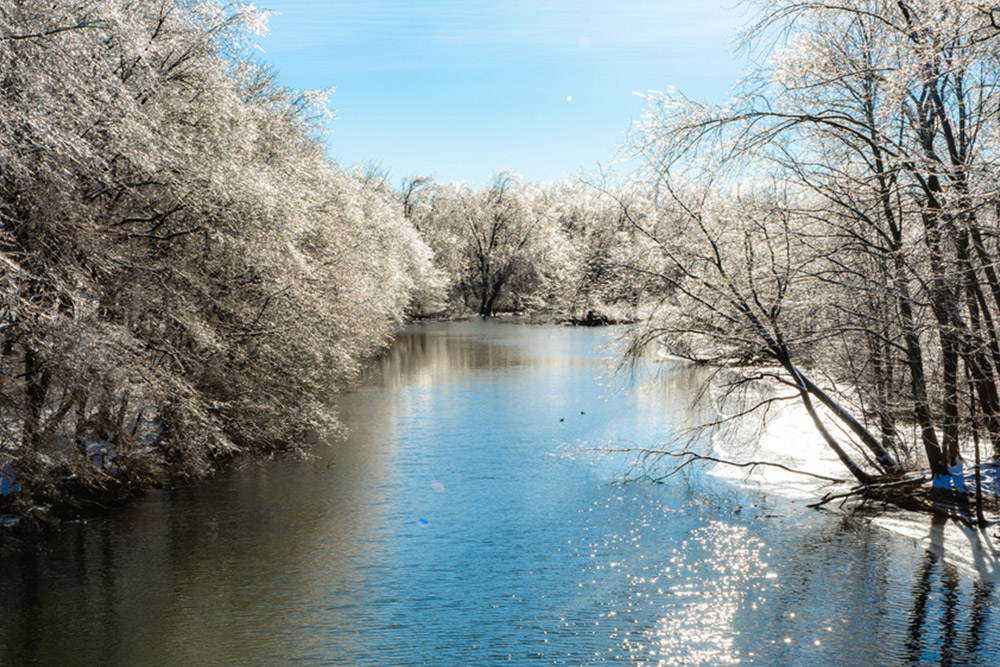How do we determine what represents a community?
By Susan Bigelow
One of the favorite pastimes of people who live in Connecticut is complaining about Connecticut. The traffic. The weather. The cities. The suburbs. The taxes. The politics. The lack of anything to do. Did I mention the traffic?
We love complaining. It’s part of our official state inferiority complex, brought to us in part by being sandwiched between Boston and New York. How often have you heard someone you know say that they’d leave if they could? How many “We’re leaving the state” op-eds have you read in the newspapers?
And how many times have you thought, with a sigh and a shake of your head, Would life be better somewhere else?
I think queer people feel this especially hard, sometimes. We don’t really have a town like Northampton or a Provincetown here, nor do we have a huge, bustling megacity with a satisfyingly big, rainbow-festooned gayborhood. LGBTQIA people absolutely exist everywhere in Connecticut, but sometimes it feels like we’re not as visible as in other places. Plus, if you live in a more conservative suburb, like I do, sometimes it can get a little lonely.
And, if you’re around my age, you probably know a lot of people who did leave. How many of our old friends moved to Boston, New York, Portland, or San Francisco?
But I decided to stay. And I’ll stay in Connecticut until they turn the lights off.
I have so many reasons. But I think something that helps me sum up why I stay, and something even Connecticut haters can agree on, is the stunning beauty of nature that lies seemingly just around every corner, even in our densest urban areas.
And that matters, because it wasn’t always this way.
 Long ago, the forests of Connecticut, like much of the rest of southern New England, were cleared for cropland. But as farming moved from Connecticut’s rocks and stones to the fertile plains of the Midwest, something amazing happened: the forests returned.
Long ago, the forests of Connecticut, like much of the rest of southern New England, were cleared for cropland. But as farming moved from Connecticut’s rocks and stones to the fertile plains of the Midwest, something amazing happened: the forests returned.
Go for a walk in the woods, and I guarantee you’ll come across old stone walls that once marked the boundaries of pastureland or industry, but now are the domain of the birds, the foxes, and the deer. So many wild creatures have come back, including bears and moose. When I was very young, it was rare to see a hawk in our skies, but lately I’ve seen bald eagles nesting along the Connecticut River, just a mile or so from downtown Hartford.
That didn’t just happen out of the blue. We’ve been careful custodians of nature these past decades, too, cleaning up rivers that once ran with sewage, and turning old industrial sites into verdant parks. There are big, protected state forests within easy driving distance, no matter where you are.
To me, that speaks to our endless capacity for self-renewal. And, believe it or not, it has a lot to do with why complaining is something we can never get enough of.
We’re never satisfied. Connecticut is never good enough. For some people, that means giving up and going somewhere else. But for those of us who remain, we turn that restless dissatisfaction into a drive to make this place better.
When I was growing up in the 1980s and 1990s in Newington, being gay was something that would get you ostracized, beat up, or worse. Trans people were all but invisible. But that’s not true now. If I drive past the Congregational Church in Newington, where we went for services every Sunday, there’s a rainbow flag hung up next to the door.
Marriage equality was a reality in Connecticut long before much of the rest of the country. Trans rights and protections were signed into law in 2011, nearly a decade ago, well ahead of even liberal bastions like Massachusetts. It’s not surprising now that there are LGBTQ people at all levels of government.
Yes, there’s still an awful lot that divides us here, but we’ve never let it paralyze us. Our constitutional democracy predates the founding of the United States by a century and a half, and what started out as a narrow, Puritan near-theocracy has grown, over the long and frustrating centuries, into a much more open, tolerant, and inclusive place.
No, it’s not perfect. We have a long way to go, especially when it comes to treating people of color in every community with the fairness, decency, and respect that should be the right of anyone who lives here. But because we can’t ever accept that Connecticut is good enough, I have faith that we’re going to keep fighting to make this place better and better.
Connecticut is called the Land of Steady Habits, but I’ve never found that to be so. Ironically, that name comes from the state’s habit of voting for the Federalist Party in the early 1800s, during a time when the state had been clear-cut for farms.
The Federalist Party is long gone, and the hills and valleys of this land are covered with forests. We are the Land of Steady Progress, a place where we are driven to make tomorrow better than today.
That’s why I stay.
Susan Bigelow is a writer and librarian. Her political columns have appeared on CTNewsJunkie.com since 2010. She lives in Enfield with her wife and their cats.





More Stories
The Truth About Trans Athletes
What is Queer Art?